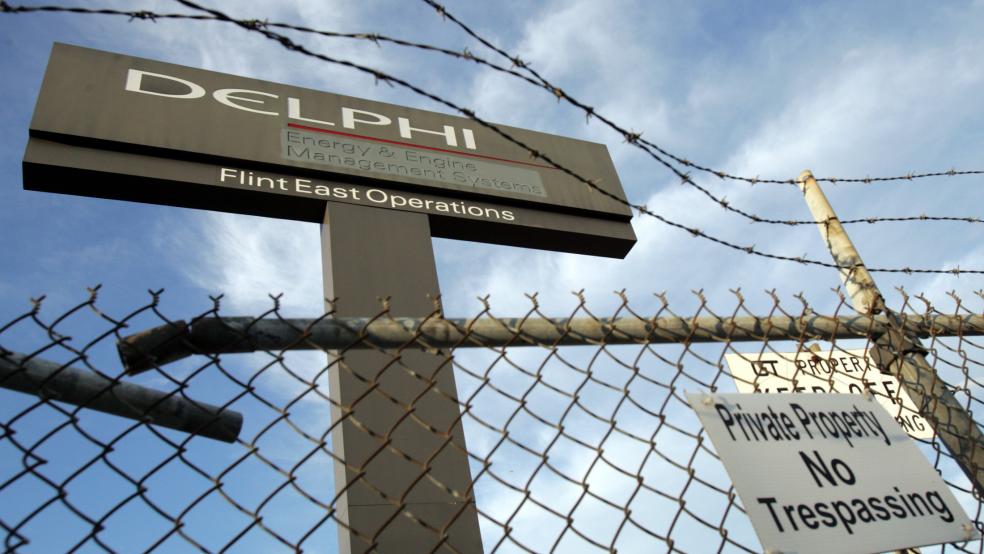In speeches late last month, President Obama hammered companies that are moving their official headquarters to foreign countries in order to avoid taxes.
“The vast majority of American businesses pay their taxes right here in the United States,” the president said in a weekly radio and Internet address. “But when some companies cherrypick their taxes, it damages the country’s finances. It adds to the deficit. It makes it harder to invest in the things that will keep America strong, and it sticks you with the tab for what they stash offshore. Right now, a loophole in our tax laws makes this totally legal – and I think that’s totally wrong.”
Related: The Biggest Winners from the Tax Inversion Wave? Lawyers, of Course
Yet as Bloomberg’s Zachary R. Mider reports today, the Obama administration wasn’t as adamant about the perils of so-called tax inversions five years ago:
“As part of the bailout of the auto industry in 2009, Obama’s Treasury Department authorized spending $1.7 billion of government funds to get a bankrupt Michigan parts-maker back on its feet — as a British company. While executives continue to run Delphi Automotive Plc (DLPH) from a Detroit suburb, the paper headquarters in England potentially reduces the company’s U.S. tax bill by as much as $110 million a year.”
The Bloomberg story also notes that, as a result of “gaps” in a ban imposed by Congress on government contracts with inverted companies, the Obama administration still awards more than $1 billion a year in federal business to such contractors.
With inversions becoming more common, the administration is seeking to limit the potential erosion of the corporate tax base and, because Congress is unlikely to act on the matter anytime soon, exploring executive actions to discourage such relocations.
The IRS is also trying to reverse the tax break that Delphi got in 2009. In a June SEC filing, Delphi warned that IRS tax examiners who had been reviewing the company’s tax status had asserted that it should be treated as a domestic corporation for tax purposes, retroactive to October 2009. Delphi, in its filing, said it would “vigorously contest” the IRS ruling. If it was unsuccessful in its challenge, it said it did not expect a “material cumulative impact” from the back taxes it would owe but warned that its effective annual tax rate would climb from 17 percent last year to the range of 20 percent to 22 percent.
Related: Investors Could Get Stuck with the Bill for Corporate Tax Inversions
Look at it this way: It’s a sign of how far we’ve come in five years. Back then, the administration was focused on rescuing the U.S. auto industry, including General Motors and Delphi, a key supplier then in bankruptcy. A report released last year by the Center for Automotive Research found that the shutdown of GM would have cost about 1.2 million jobs in 2009 and 675,000 more in 2010. The cost to the government would have been $39.4 billion in increased transfer payments and lost tax revenues. Tax inversions hadn’t yet become the hottest trend in the world of mergers and acquisitions, but Delphi’s move to England, as part of a deal involving GM and the hedge funds that bought the auto-parts maker, was a step toward survival after bankruptcy.
Related: Corporate Tax Inversions Will Cost the U.S. Billions – and We’ll All Pay
“The companies are making money. They’re hiring more workers. The whole supplier base, including Delphi, is doing well,” Steven Rattner, who headed up an administration task force overseeing the auto bailout, told Bloomberg. “In 2009, they were about to evaporate from the planet.”
Delphi generated $1.2 billion in profits last year and now has a market valuation of more than $20 billion.
Top Reads from The Fiscal Times:





